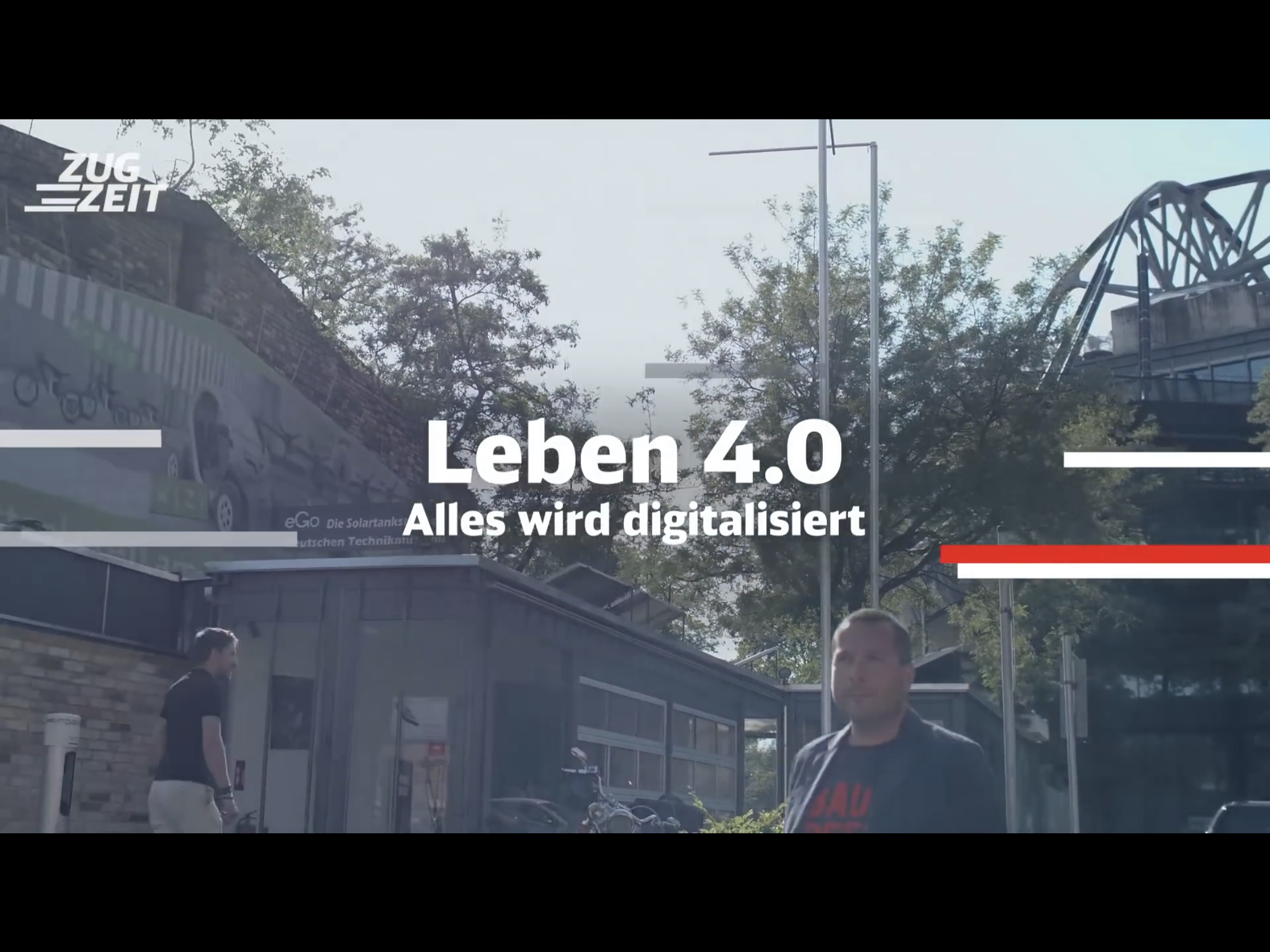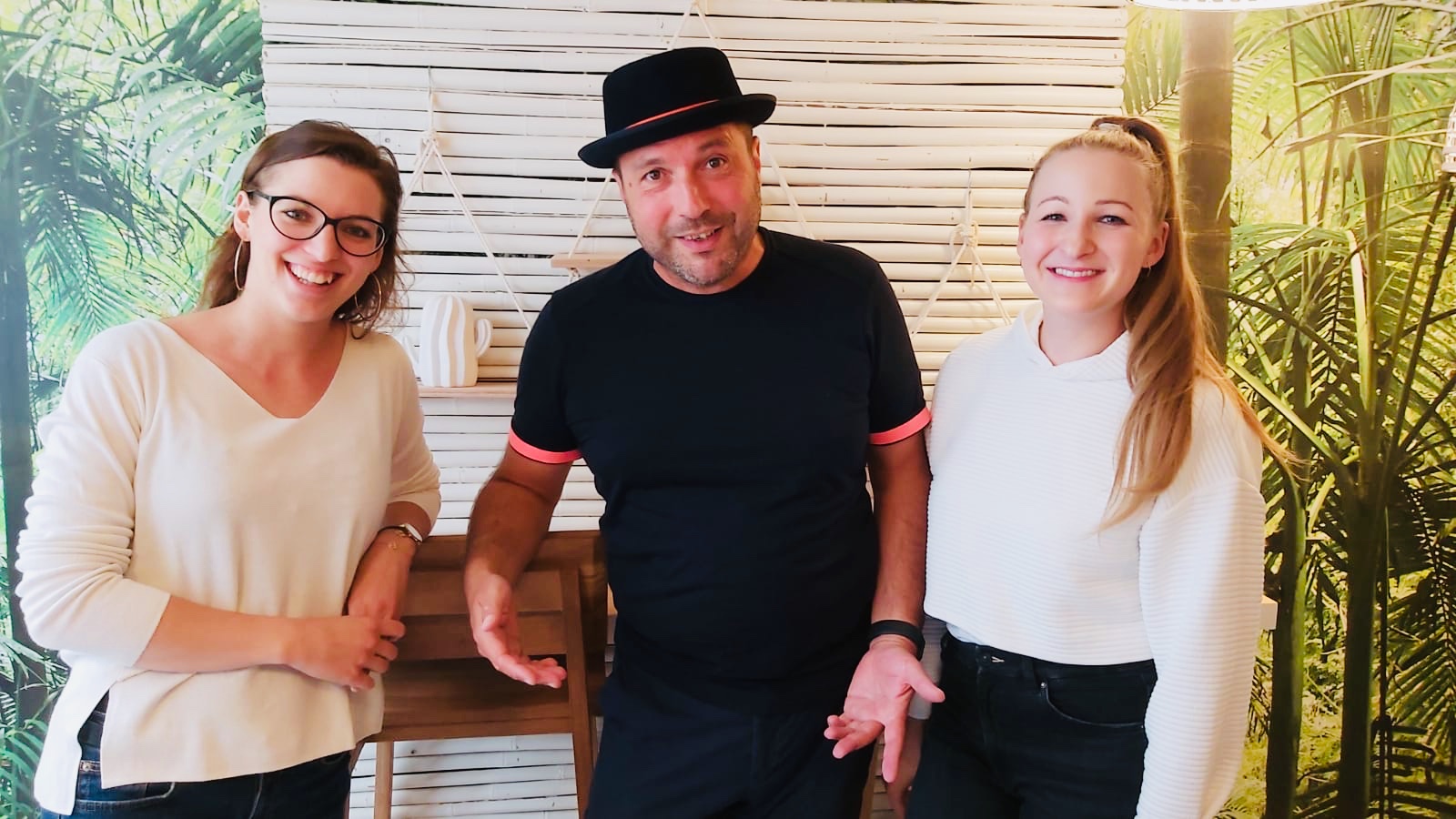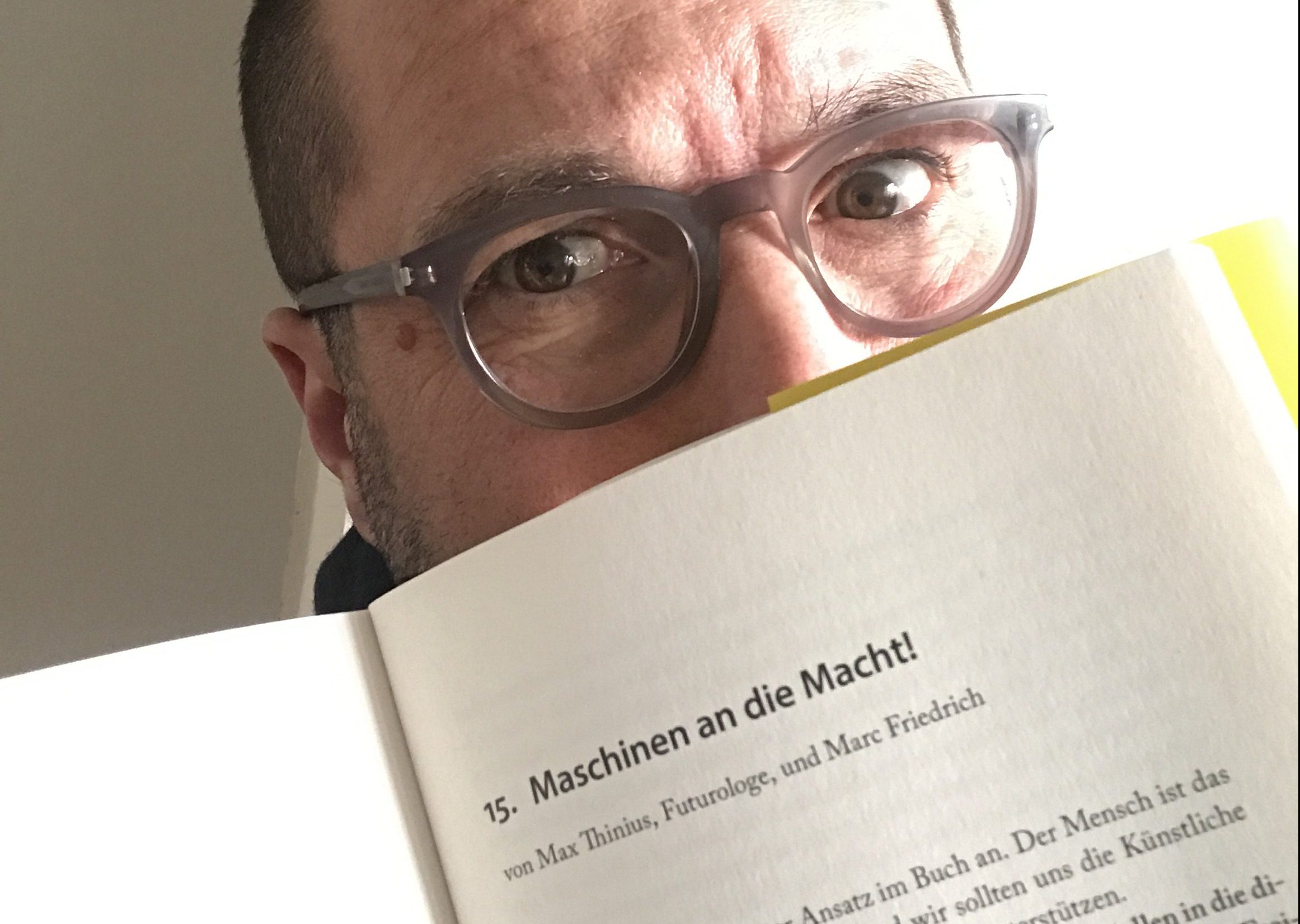WUNDERKAMMER DER ZUKUNFT – Regions and their perspectives.
The WUNDERKAMMER DER ZUKUNFT is one of the most exciting development projects for FUTURE in GERMANY. Exciting, because it is here that the development of society, the environment, visions, everyday life and work worth living and working in the Lüdenscheid Museum are collected from the past to the future and made accessible to the public. What will the city of the future look like? How relevant will cities like Lüdenscheid be in the future (note: very!!!)? What will our everyday life look like then? How do we network with the rest of the world, Germany, Europe, Asia, Africa and America? How can new centres for innovation in business, society, culture and education be created in a city like Lüdenscheid? IMPORTANT DABEI: We can change our future! It doesn’t just happen. We have the freedom to shape it. If we are aware of the new opportunities offered by digitization, every region can create a new quality of life for itself, for the people who live there and who will certainly want to live there in the …









You must be logged in to post a comment.